The Country of Nigeria, known as the “Giant of Africa” (due to the vastness of its land, the diversity of its peoples and languages, the highest population in Africa, and its oil and other natural resources) boasts a diverse landscape that includes deserts, sweeping plains, swamps, mountains and tropical jungles. Three quarters of the land is agricultural, enjoying lush grasslands, which display their grandeur, while trees and shrubs are scattered among the verdant panorama. Interspersed among the varying terrain lie bustling, crowded cities preparing to expand beyond their boundaries. Coursing through the southern part of Nigeria is the Niger River, the 3rd longest river in Africa that extends almost 2,600 miles.
Located in Western Africa, the country borders the Gulf of Guinea to the south, Benin to the west, Cameroon to the east, and Niger and Chad to the north. Overall, the climate is tropical with temperatures in the 90s and 100s during their summer months, but there are wide climactic variations throughout the country. There are two basic seasons; the wet season, which lasts from April to October; and the dry season that lasts from November until March. The hot and dry Harmattan wind from the Sahara sweeps across the northeastern areas, while the southwest wind brings cloudy and rainy weather near the coast.
Nigeria is the most important country politically and economically in West Africa. It is richer than all other West African nations and maintains substantial power. There at least 250 languages spoken in the country, but English is the official language. Even though Nigeria is rich in resources (petroleum, gold, gems, rubber, cacao, talc, and salt), sixty percent of the Nigerians live below the poverty level, surviving on less than one dollar a day due to political corruption. A little over half of the residents live in rural areas, where they endure hardship due to the sporadic or lack of electricity, unsanitary conditions and the lack of industry; less than half have access to clean drinking water.

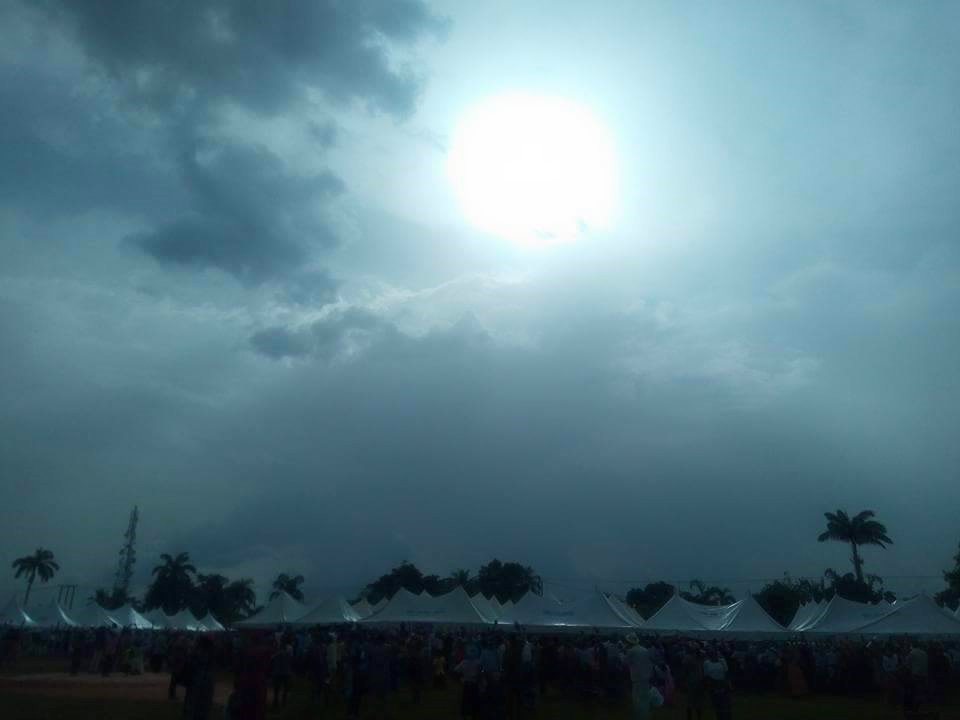
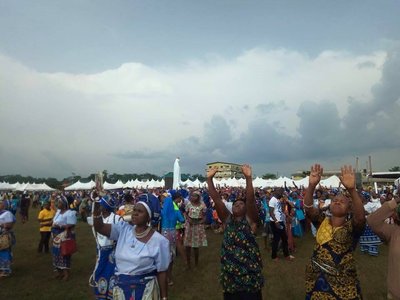
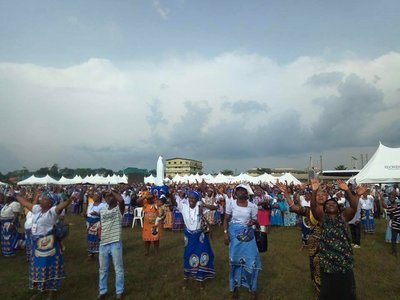

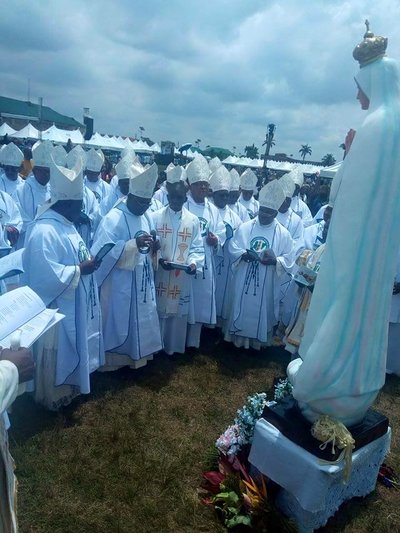
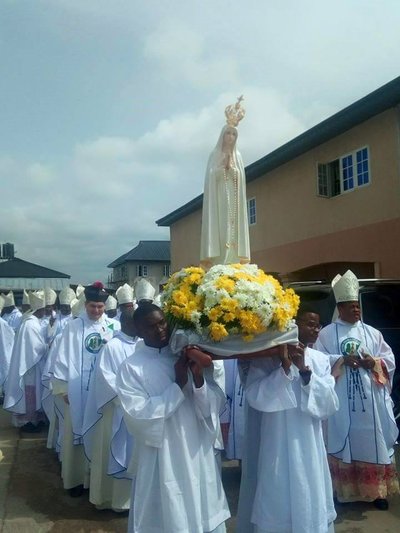
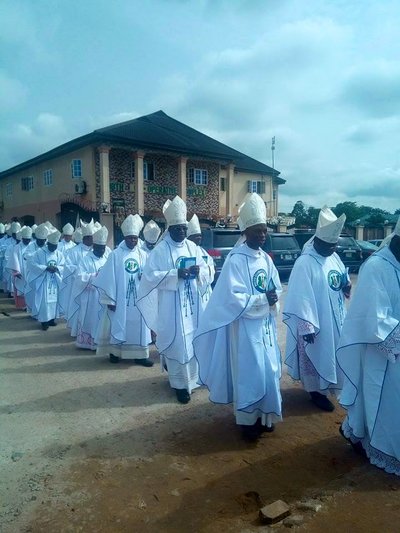
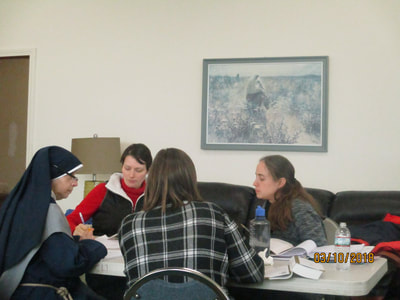
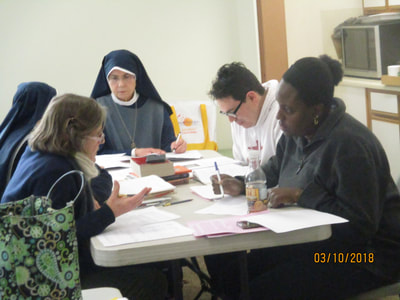


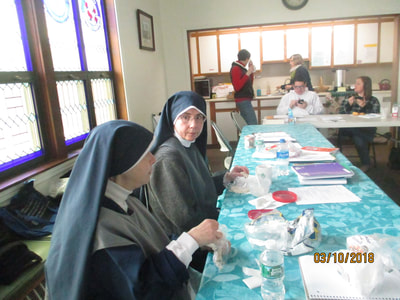

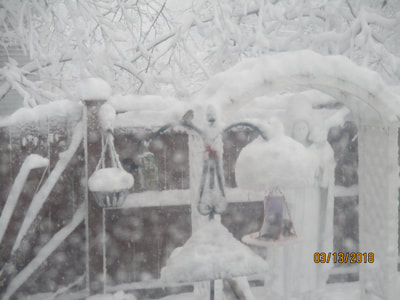
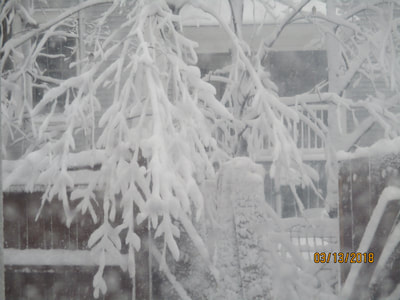
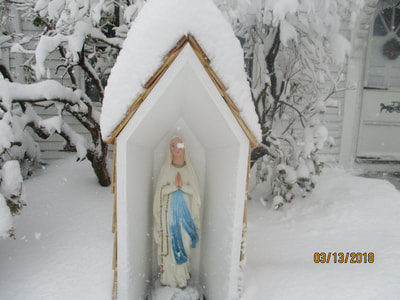
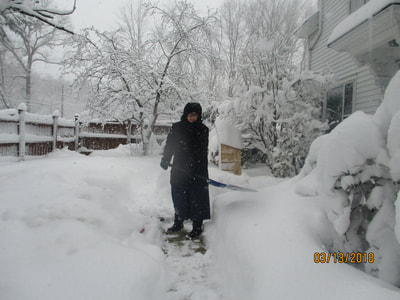
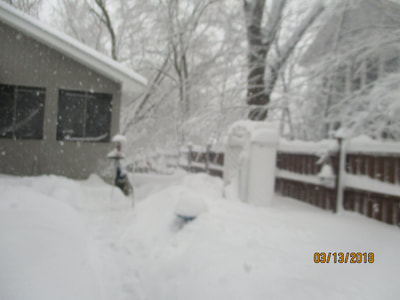
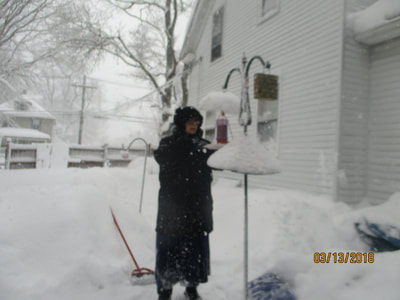
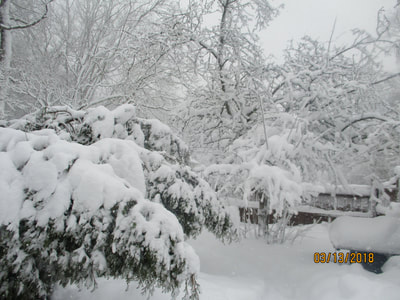
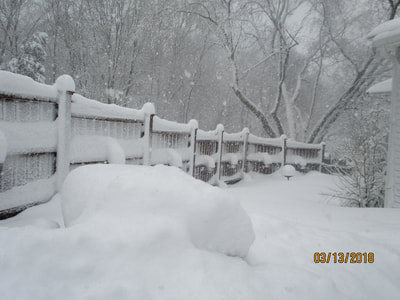
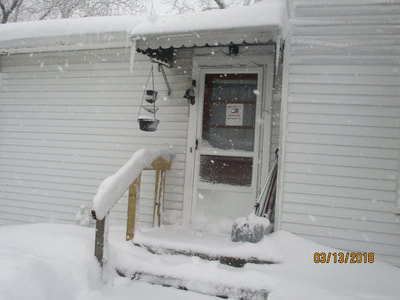


 RSS Feed
RSS Feed
